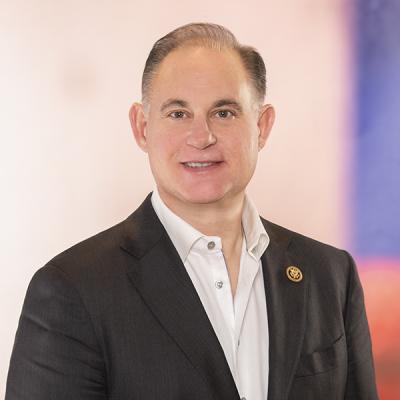
Digital Duel to Protect Patient Safety and Manufacturers
Key Facts
- Legislation has been filed in MA that would require manufacturers of electronic equipment, including medical devices, such as those manufactured by Karl Storz, to provide product owners and independent repair facilities with diagnostic and repair info
- We devised and implemented an effective strategy to educate lawmakers about the risks posed to proprietary information and patient safety
- The work performed by our team has enabled us to defeat the digital right to repair from being implemented in Massachusetts
The Situation
Legislation has been filed in Massachusetts that would require manufacturers of electronic equipment, including medical devices such as those manufactured by Karl Storz Endoscopy, to provide product owners and independent repair facilities with diagnostic and repair information, including technical updates and software. Provisions that would require parts to be sold at fair market value exclude the costs of research and development. The legislation poses a threat to patient safety by conflicting with the rules and safeguards imposed by the Food and Drug Administration (FDA) and the Centers for Medicare & Medicaid Services (CMS), as well as The Joint Commission that governs the maintenance of medical equipment. If enacted, the legislation would also create an uneven playing field among original equipment manufacturers and third-party repair companies.
This effort has played out in 18 states and counting, which has required the ML Strategies team in Washington DC to track and monitor potential state legislative action carefully. Additionally, the FDA has not reevaluated this issue in 20 years, so it was a significant undertaking to educate policymakers on the consequences of state action and how they could protect patients. The FDA indicated it would be taking a thorough look at this issue in order to determine what regulatory action is needed to protect patients.
The Approach
ML Strategies advocated at the state and federal level for uniform federal regulation that would protect patient safety and level the playing field with respect to the repair of medical devices. We devised and implemented an effective strategy to educate lawmakers about the risks posed to proprietary information and patient safety and worked collaboratively with other impacted industries. We also conducted legislative site tours of the Karl Storz manufacturing facility to instill a full understanding of the impacted technology and processes while building beneficial relationships.
In educating officials on this issue, we have advocated directly before the FDA and elevated the matter throughout Congress. This required ML Strategies to work with the relevant committees to help them communicate congressional interest and concerns to senior FDA officials. We cast a wide net in addressing this issue with relevant footprint members and framing the concern as one of patient safety.
The Outcome
We have been able to defeat the digital right to repair from being implemented in Massachusetts. In Washington DC, we have identified potential champions on the right to repair issue who are pursuing ways to expedite FDA action to regulate servicing activities appropriately and protect patients.


